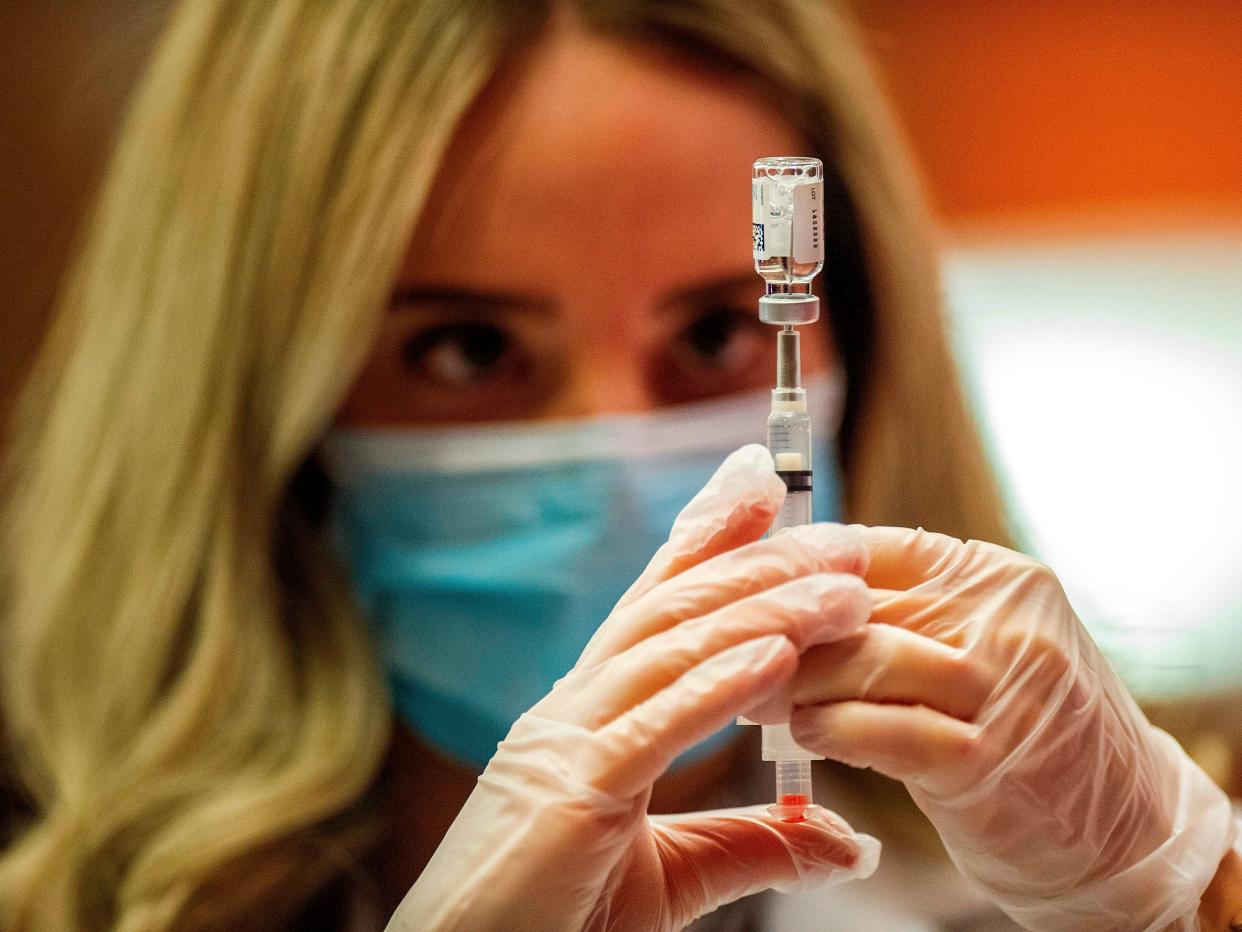Watch: Insider answers your questions about the risk of rare but serious blood clots following some COVID-19 vaccines

Watch Insider answer questions about the risk of blood clots after some COVID-19 vaccines.
Insider hosted the webinar on Thursday, April 15.
COVID-19 vaccines from AstraZeneca and Johnson & Johnson are under close scrutiny following reports of rare blood clots in people who received them.
AstraZeneca's vaccine has been linked with unusual blood clots that can occur in the brain, called central venous sinus thrombosis (CVST), or in the spleen. EU regulators now list these reactions as a rare, but serious side effect of AstraZeneca's vaccine.
The US hasn't authorized AstraZeneca's vaccine yet, but countries that have approved it are now weighing the small risk of blood clots against the shot's many advantages. The UK has advised people under 30 to seek alternate shots, if available.
AstraZeneca's shot is still highly effective at preventing severe COVID-19. It's also fairly cheap and can be stored at normal fridge temperatures, making it a critical part of the global vaccine rollout.
J&J's vaccine, which uses a similar virus-based technology, is under investigation in the US to see whether it also causes CVST. So far, US regulators have identified at least six CVST cases following the administration of J&J's shot, and the shot's use is paused.
European drug regulators are allowing the use of J&J's shot again, after saying a warning about the risk of rare blood clots should be added to the shot's product information.
J&J's vaccine is a single dose, so it's often easier to administer in rural areas or to vulnerable populations.
On Thursday, April 15, Insider health and science reporters Dr. Catherine Schuster-Bruce and Aria Bendix addressed what's at stake for the pandemic in the wake of blood clot reports. They also answered your burning questions about who is most at risk of clots and whether other vaccines could cause adverse events, too.
Read the original article on Business Insider

